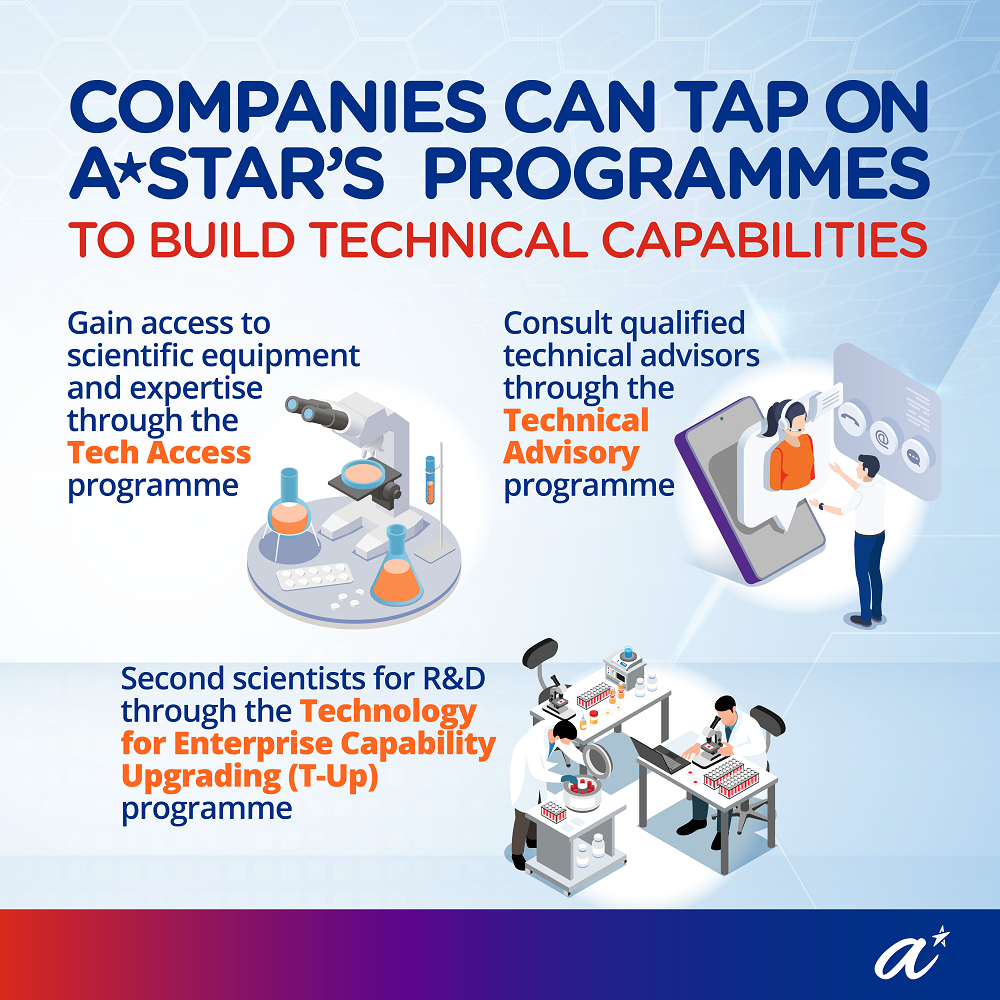INNOVATE
How Can Deep Tech Startups Minimise Risk? 3 Lessons from US2.ai CEO James Hare

Most startups don’t succeed. The Harvard Business Review gauges that two-thirds of startups never deliver a positive return on investment, while Forbes estimates that 90% ultimately result in failure.
James Hare, CEO of US2.ai, a deep tech startup that automates the fight against cardiovascular disease with its AI-driven echocardiography tool, is on a different trajectory as a serial entrepreneur. From software development to e-commerce and now the medtech sector, he’s defied the odds when it comes to building successful startups.
As an entrepreneur, you’re faced with tremendous odds against you. Your number one job is to reduce the risk of failure.
James Hare, CEO, US2.ai
Here are his top three strategies for minimising risk and helping your startup take off:
1. Partner well
James recommends working with people who can provide access to the resources that you need to succeed.
“Partner with people who’ve either done the things that you need to learn, or can introduce you to the people who’ve done them,” says James. “That way, you don’t have to reinvent the wheel.”
When US2.ai first started out, they tapped on A*STAR by working with scientists from A*STAR’s Bioinformatics Institute (BII), Institute for Infocomm Research (I2R) and Institute of High Performance Computing (IHPC).

“A*STAR was an extremely important partner in the formative stages of our company,” he shares.
Beyond technical expertise, partnership with A*STAR also opened doors for US2.ai.
“The reputation of A*STAR is phenomenal,” explains James. “The fact that we’ve worked with A*STAR, that A*STAR is an investor in the company – that reputational aspect has helped accelerate our relationships with our partners.”
2. Move quickly
Rapid time-to-market gives startups a competitive advantage, from refining product design and securing customers, to reducing financial outlay. Startups also need to outpace competition.
“We just don’t have the luxury of going slow,” says James, considering all the ongoing costs from overheads, research and other operations.
Smart, strategic partnerships help startups to gain traction quickly.
“We’ve partnered with the who’s who of the industry, including Johnson & Johnson, Roche and AstraZeneca. They have enabled us to punch way above our weight class, and reach markets that would otherwise be difficult to do with our small team,” reveals James.
These “premier partnerships” have enabled his team to gain what he coins “superpowers”, and move faster than what would otherwise be possible with a small, lean team.
3. Plan your financial needs
Acquiring the capital you need to attain speed and velocity for your startup is critical. Entrepreneurs should look to a variety of avenues to access capital resources.
“Today, there are accelerators around the world whose job is to teach entrepreneurs, prepare them, and give them a protected space in which they can learn and grow quickly, give them introductions to capital resources – and sometimes even fund them directly,” shares James. “I strongly recommend that entrepreneurs look for resources like that.”
A*StartCentral, an incubator hosted by A*STAR’s Enterprise division, supports early-stage deep tech startups by introducing investors, partners and advisors, providing innovation infrastructure, and programmes to help startups prepare for fundraising and expansion.
Risk and opportunity are two sides of the same coin. While it can be challenging to get a startup off the ground, A*STAR helps make the entrepreneurial journey easier for deep tech startups.
Was the article helpful?
A*STAR celebrates International Women's Day

From groundbreaking discoveries to cutting-edge research, our researchers are empowering the next generation of female science, technology, engineering and mathematics (STEM) leaders.
Get inspired by our #WomeninSTEM
